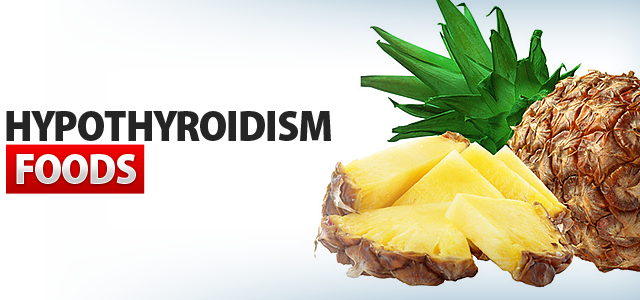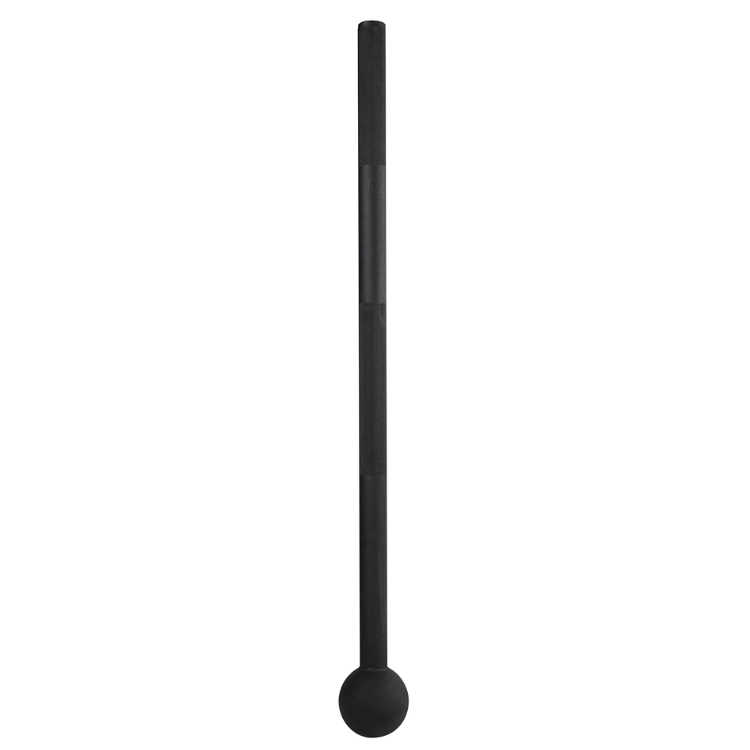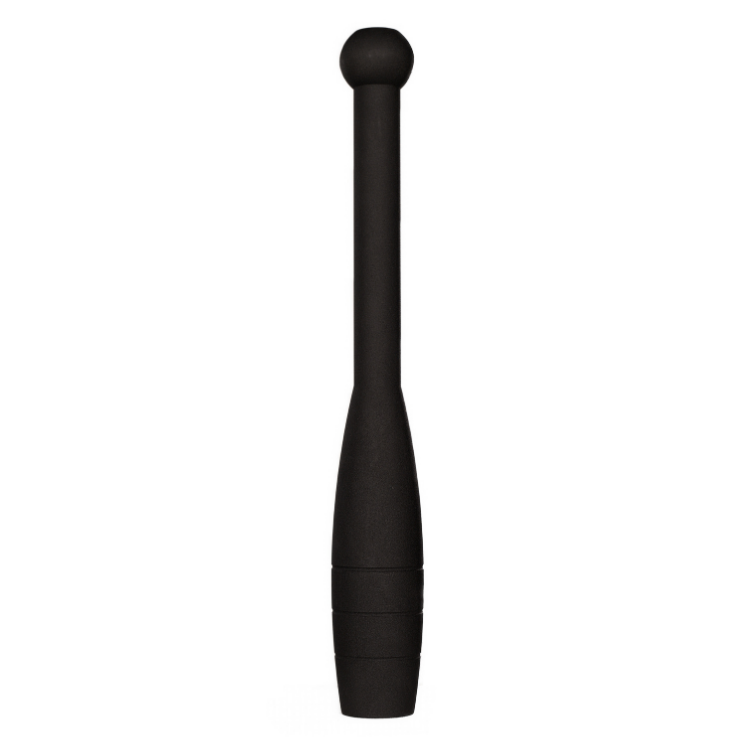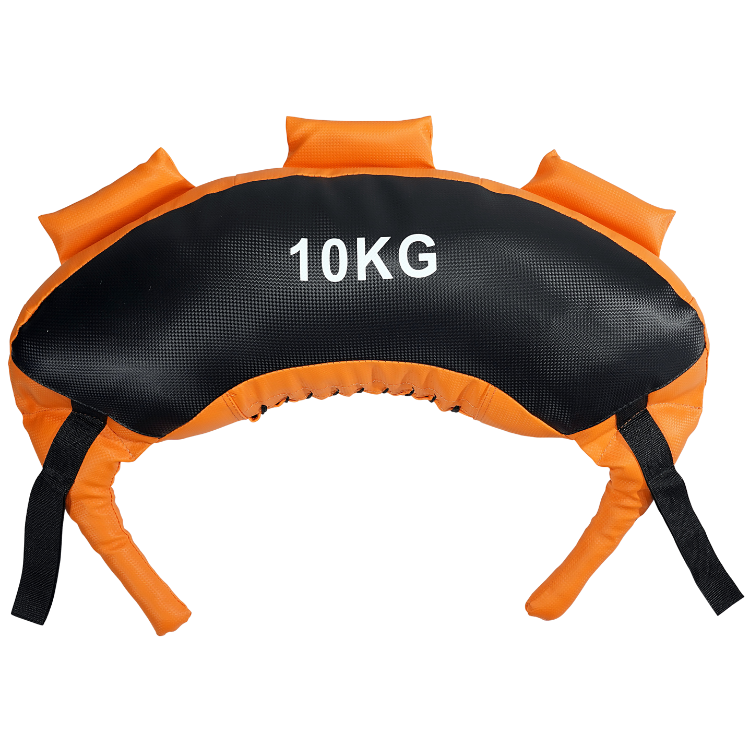Hypothyroidism can be described as a condition where the body is not able to produce enough thyroid hormone. This is normally caused by inflammation of the thyroid gland. Hormones produced by the thyroid regulate metabolism, mood, body temperature, energy levels, blood pressure and heart rate. Some of the symptoms that patients experience when suffering from this include depression, fatigue and constipation. In addition to taking your medicine, it is also important to note that a healthy hypothyroidism diet can help to reduce the symptoms of the condition and also enhance general well being. Some of the foods that you should be consuming include:
 Fish- the omega 3 fatty acids that are found in fatty fish such as tuna, trout, salmon or sardines are an excellent food choice for dinner or lunch. These are known to decrease inflammation, boost immunity and also lower the risk of developing heart disease. Fish is also a great source of selenium nutrient which also helps to reduce inflammation.
Fish- the omega 3 fatty acids that are found in fatty fish such as tuna, trout, salmon or sardines are an excellent food choice for dinner or lunch. These are known to decrease inflammation, boost immunity and also lower the risk of developing heart disease. Fish is also a great source of selenium nutrient which also helps to reduce inflammation.
Nuts- your hypothyroidism diet should also include nuts. These make a great and healthy snack that you can carry with you to take at any time anywhere. Macadamia nuts, Brazil nuts and hazelnuts are especially high in selenium something that helps the thyroid to function in the right way. With the Brazil nuts, you will only need to eat one or two but with the others a small handful will be enough to give you your daily dosage of nutrients. Keep in mind that nuts are very high in fat thus you should keep your eye on portions.
Seaweed- this had a high concentration of iodine which is an essential nutrient for thyroid function. Seaweed which has been packaged as dulse, wakame and nori can be used in soups, salads and suchi. Theis also offers nutritional benefits of calcium, fiber and vitamins K, E, C, B & A.
Whole grains, most patients who suffer from hypothyroidism normally experience constipation. It is therefore wise to include whole grain foods in your hypothyroidism diet. These include foods such as bread, cereal, rice and pasta that are not only high in fiber but nutrients as well. These can help ease your bowel movements. However it is highly recommended that you take your medicine before or after consuming these foods as fiber can interfere with the synthetic thyroid.
Fresh vegetables and fruits- these should also be a huge part of your hypothyroidism diet. Note that weight gain is one of the early symptoms of the condition. This goes to show that you should focus on high density and low calorie foods like fresh produce. Include either vegetables or fresh fruits with each meal. Specific foods like cherries, blueberries, green peppers and sweet potatoes are known to be rich in antioxidants and nutrients that lower risk of heart disease.
On the flip side, there are some foods that should not feature in your hypothyroidism diet and some of them include: gluten, fatty foods, sugary foods, processed foods, excess fiber, coffee, alcohol, soy and cruciferous vegetables. This is because when consumed, they can affect your thyroid gland as well as the body’s ability to utilize the thyroid hormone.






